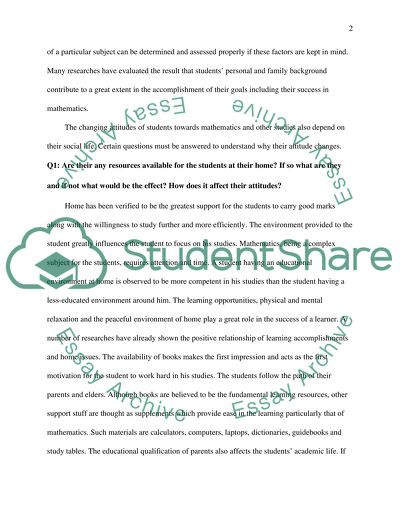Cite this document
(“Adolescent Student Attitudes Towards Mathematics Essay”, n.d.)
Retrieved from https://studentshare.org/miscellaneous/1531877-adolescent-student-attitudes-towards-mathematics
Retrieved from https://studentshare.org/miscellaneous/1531877-adolescent-student-attitudes-towards-mathematics
(Adolescent Student Attitudes Towards Mathematics Essay)
https://studentshare.org/miscellaneous/1531877-adolescent-student-attitudes-towards-mathematics.
https://studentshare.org/miscellaneous/1531877-adolescent-student-attitudes-towards-mathematics.
“Adolescent Student Attitudes Towards Mathematics Essay”, n.d. https://studentshare.org/miscellaneous/1531877-adolescent-student-attitudes-towards-mathematics.


